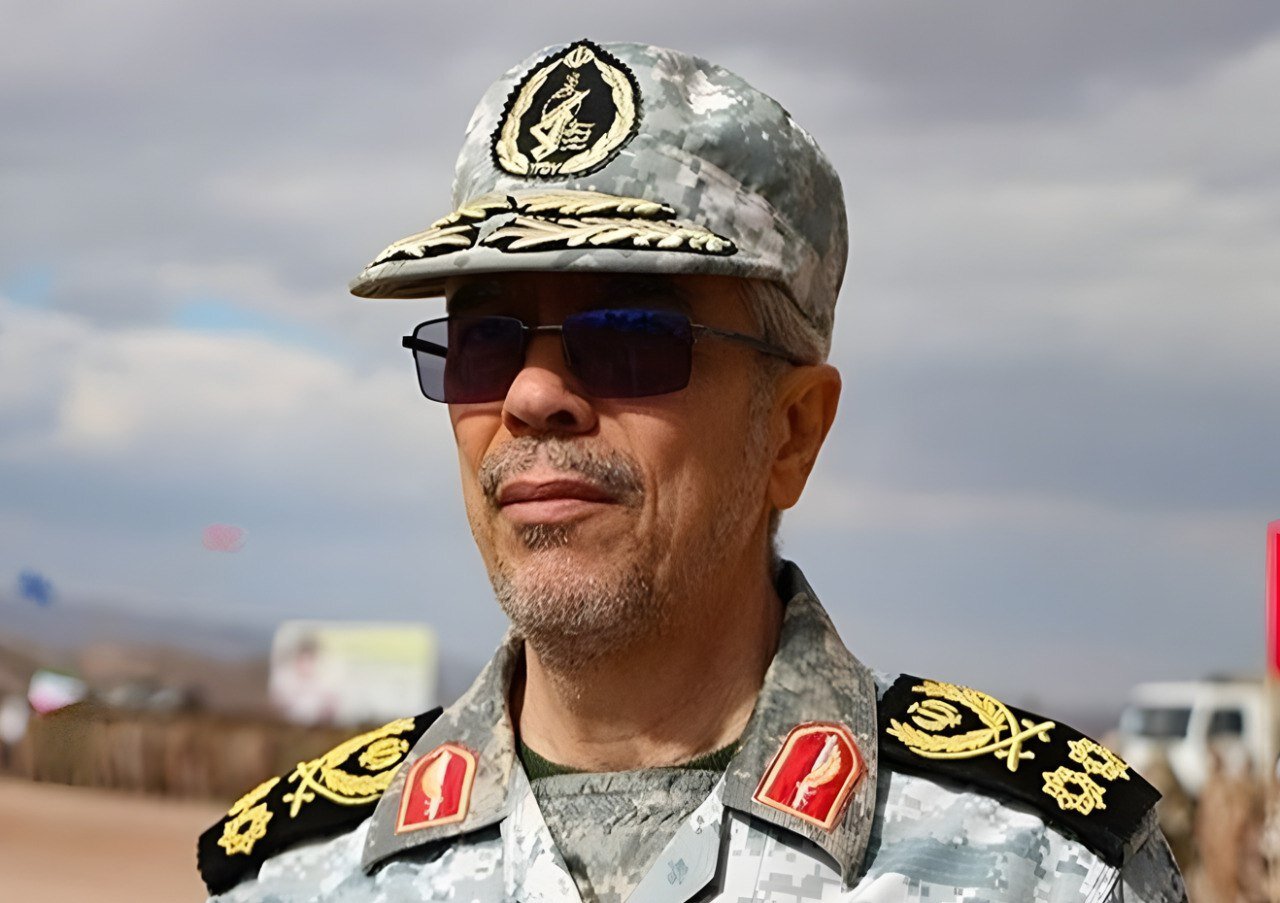Regional peace depends on Irans security
Regional peace depends on Iran's security
TEHRAN – After 16 months of relentless warmongering in Gaza and Lebanon, Israel continues to seek violence and mayhem. This time, however, with the help of one of the most pro-Israel administrations in recent American history, it seems the regime wants to take a much more dangerous step by attacking Iran's nuclear sites.

Recent Western media reports, particularly from the Wall Street Journal and the Washington Post, have revealed alleged plans by the U.S. and Israel to target Iran’s nuclear sites this year.
This aligns with a series of aggressive threats from prominent U.S. and Israeli officials.
U.S. National Security Advisor Mike Waltz has repeatedly echoed the overused mantra, "All options are on the table."
Prime Minister Benjamin Netanyahu, a convicted war criminal, has brazenly declared his intent to "finish the job" against Iran.
President Donald Trump has made numerous inflammatory remarks about "obliterating" and "bombing the hell out of Iran."
He has also emphasized that Iran should abandon its nuclear program.
His recent presidential memorandum reinstating maximum pressure against Iran, aims to "prevent Iran from developing nuclear weapons and missiles, while imposing stringent economic sanctions targeting Iran's oil exports, with the goal of reducing them to zero."
The directive also calls for the cancellation of sanctions waivers that provide economic relief to Iran, as well as seeking to isolate the country globally, affecting its relationships with neighboring nations.
Some analysts contend that these measures are intended to encourage Iran to come to the negotiating table with Trump.
In contrast, others believe that Trump's strategy is to first apply pressure on Iran, and if that doesn't lead to compliance, to resort to military action, noting that resistance against his coercion is Tehran’s correct choice.
Tehran's resistance against pressure
Iran has made it clear that it is not willing to negotiate under pressure. President Masoud Pezeshkian and Foreign Minister Abbas Araghchi have both stated unequivocally that Tehran will not bow to external threats.
The country’s officials have reiterated that even though they do not seek war, they value their national security above all and are ready to confront any threat.
General Mohammad Bagheri, Chief of Staff of the Iranian Armed Forces, recently stated: "If Iran's security is threatened, the security of the entire Southwest Asia region, the perpetrators of insecurity, and their supporters will be disrupted and will not see peace."
Speaking to journalists during IRGC's Great Prophet 19 Drill, General Bagheri emphasized that the Armed Forces of the Islamic Republic are at the peak of readiness.
"In the event of any enemy mistake, the tranquility of the Zionist regime and those who participated in its equipment and operational planning will be in jeopardy," he said.
Referring to the Israeli regime’s October 2024 strike and its failure, he stated: "Iran's air defense is at the highest level of preparedness, and any minor damage has been fully repaired."
Bagheri added that Iranian forces are fully prepared for both defensive and offensive operations, and missile production continues without interruption at very high quantity and quality.
The top general’s statements followed the warning from Brigadier General Amir Ali Hajizadeh, commander of the IRGC Aerospace Division, that a devastating response would follow any strikes on Iranian nuclear sites: "The fire we ignite in the region will be of unquantifiable scale and scope."
Iran's previous operations showcase power
Last year, in response to Israeli aggression, Iran conducted Operations True Promise I and II, demonstrating Tehran's power and resolve.
True Promise I in April 2024 marked the first direct attack by Iran on Israeli positions in the occupied territories, targeting various military facilities.
True Promise II on October 2024, involved approximately 200 ballistic missiles targeting Israeli airbases and areas near Tel Aviv, showcasing Iran's ability to strike back and defend its sovereignty.
'Aggression against Iran detrimental to all'
Iranian officials and commanders have repeatedly vowed that if a larger war breaks out, the country's response will be swift and decisive.
They have also indicated that the consequences of war against Iran would reach the entire West Asia.
From advanced missile systems to well-trained military forces, one can assume that Iran possesses significant tools and capabilities that it has not yet utilized.
However, no one knows for sure what exactly is Iran's plan and what the inferno that the Iranian commanders envision will look like.
In an interview with the Tehran Times, Alireza Majidi, an expert on West Asia, delved into the potential regional consequences of a conflict between Tehran and Tel Aviv.
According to Majidi, "In Arab countries and Turkey, there is a growing belief that a war between Iran and Israel would have no winners, only losers."
He warned that such a conflict could lead to capital flight and economic losses throughout the region.
Majidi discussed perceptions of Iran's role in the region, stating, "Recently, some may have perceived Iran as a manageable player."
He also observed that this may lead to miscalculations, leading some to think that "if Iran remains contained, Israeli aggression might encounter weak or no reaction from Iran."
However, he asserted that "it is clear that Iran does not take its territorial integrity lightly."
source: tehrantimes.com